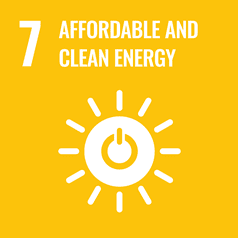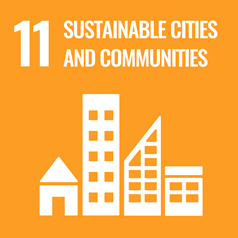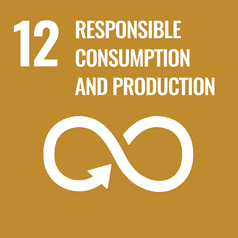The BHP Centre for Sustainable Steelmaking Research; a collaboration for sustainability in steelmaking
Researchers at the recently renamed, BHP Centre of Sustainable Steelmaking Research (SSR) have been working in close collaboration with BHP and partners in developing pathways to near zero GHG emission ironmaking in support of decarbonising the hard to abate steel sector.
Reduction of CO2 intensity in the steel industry is a complex challenge, involving multiple pathways and abatements and SSR, previously known as the Centre for Ironmaking Materials Research, together with partner BHP is methodically tackling some of these challenges.
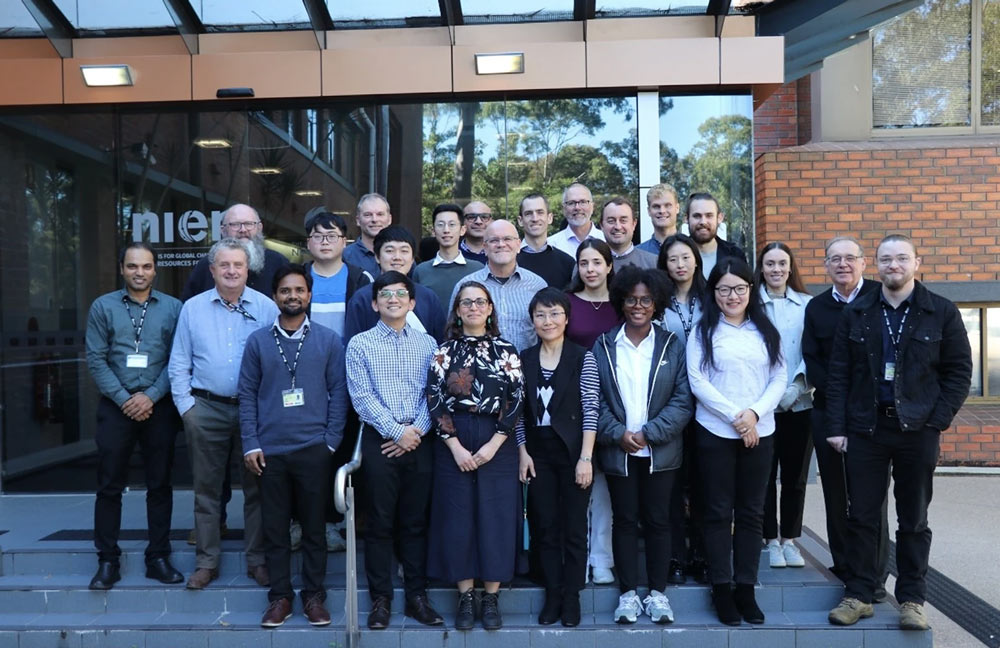
Members from SSR and BHP standing in front of NIER at the University of Newcastle.
The NIER based centre is situated on the former BHP research site and draws on over 15 years of research, continuing on from 50 years of steel research by BHP at the same location. Focus areas include the optimisation and use of Australian iron ore and coking coal in conventional iron and steelmaking. This includes research into different process routes including modified blast furnace, direct reduced iron-electric smelting furnace process, and direct iron electrolysis.
The conventional blast furnace route, through which most of the world’s steel is currently produced, requires modifications to reduce GHG intensity. In this modified blast furnace route, the complete displacement of steelmaking coal in the form of coke is not possible due to the critical structural role that this material plays, and as such, the efficient or “smart” use of carbon is critical in decarbonising this route. SSR and BHP are exploring what possible changes may look like, such as the use of alternate low carbon materials including hydrogen rich fuels and biomass, as well as optimisation of product gas re-use and recycling.
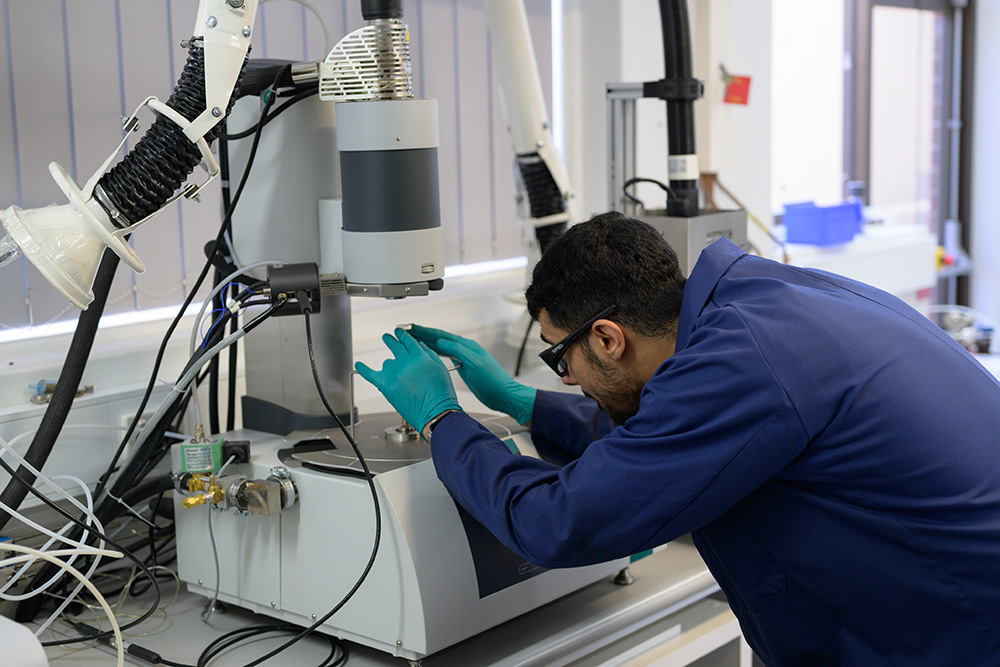
An SSR researcher with low carbon ironmaking research equipment.
As an alternate lower carbon process route, SSR and BHP are advancing technology for a Direct – reduction and electric smelting furnace which could offer several advantages including use of electricity to substantially reduce emissions. Exploring methods to optimise Australia’s hematite-goethite iron ore resources, and utilise hydrogen in the ironmaking process, the team is at the forefront finding potential low-carbon steelmaking solutions suitable for Australian iron ore and steelmaking coal.
SSR is dedicated to providing technical support for the Australian iron and coal industry to supply fit-for-market products and support the transition to a more sustainable position in the global marketplace. Through their longstanding partnership with BHP, and alongside government, academic and other industry stakeholders, SSR are providing technologies to support Australian industries and reduce greenhouse gas emissions in a hard-to-abate industry.
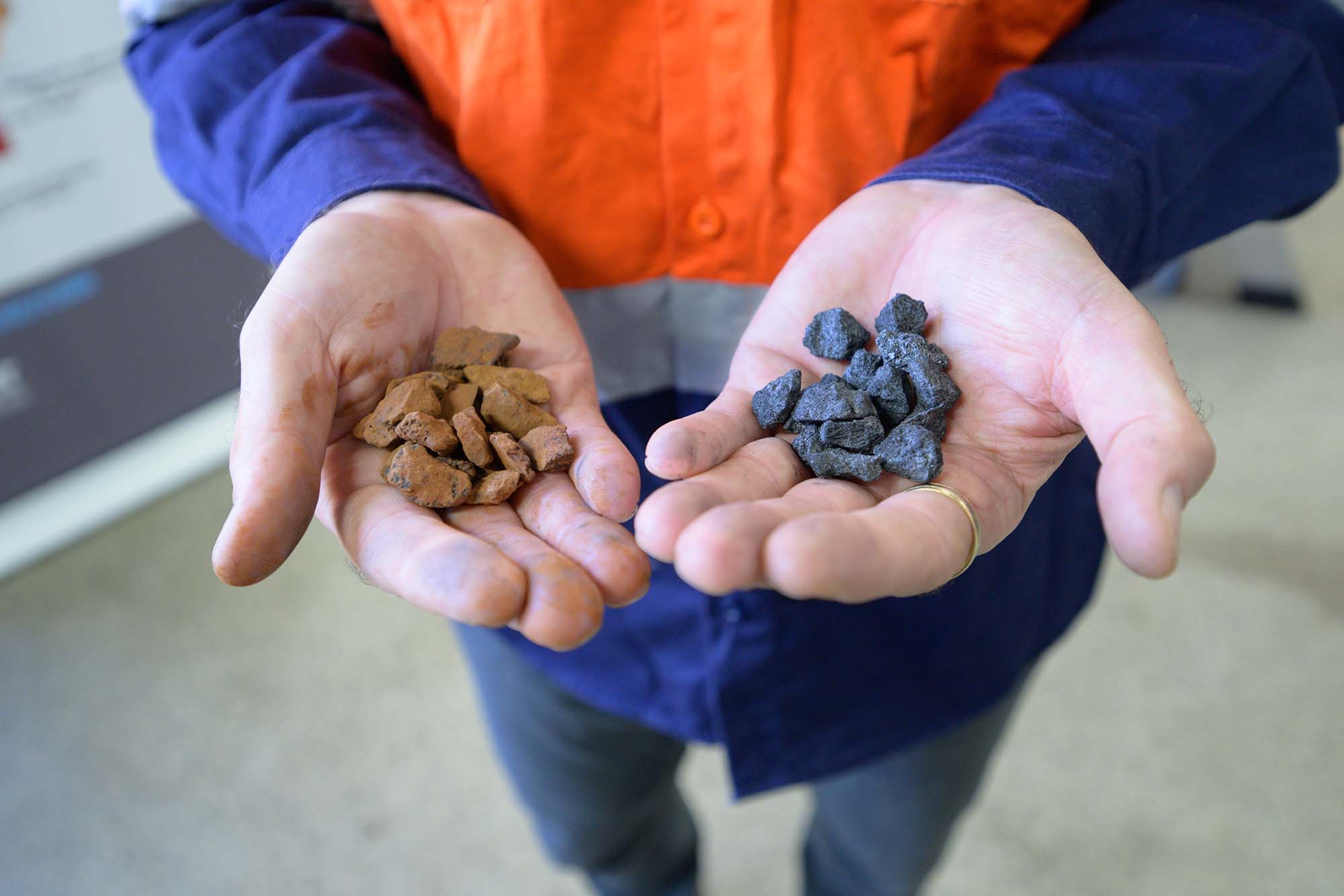 Materials for low carbon ironmaking.
Materials for low carbon ironmaking.
BHP has a CY2030 goal of supporting industry to develop steel production technology capable of 30 per cent emissions intensity relative to conventional blast furnace steelmaking, with widespread adoption expected post CY2030. BHP is also pursuing the long-term goal of net zero Scope 3 greenhouse gas emissions by CY2050 but acknowledges that the achievement of this goal is uncertain given the challenges of a net zero pathway for customers in steelmaking. SSR is proudly supporting these goals through helping with the research and development of these different technologies.
Years of research expertise in finding more sustainable and optimised practices for the utilisation of Australian iron ore and coking coal, and SSR’s collaborative partnerships have fortified to help drive the evolution of traditional steelmaking practices and work towards solving the challenge of near zero emission steel production. With the world’s demand for steel increasing driven by urbanisation and the energy transition, this important research is helping the industry find ways to meet global emissions reductions targets and create a more sustainable future.
Contact
- Kate Fagan
- Email: kate.fagan@newcastle.edu.au
Related news
The University of Newcastle acknowledges the traditional custodians of the lands within our footprint areas: Awabakal, Darkinjung, Biripai, Worimi, Wonnarua, and Eora Nations. We also pay respect to the wisdom of our Elders past and present.
